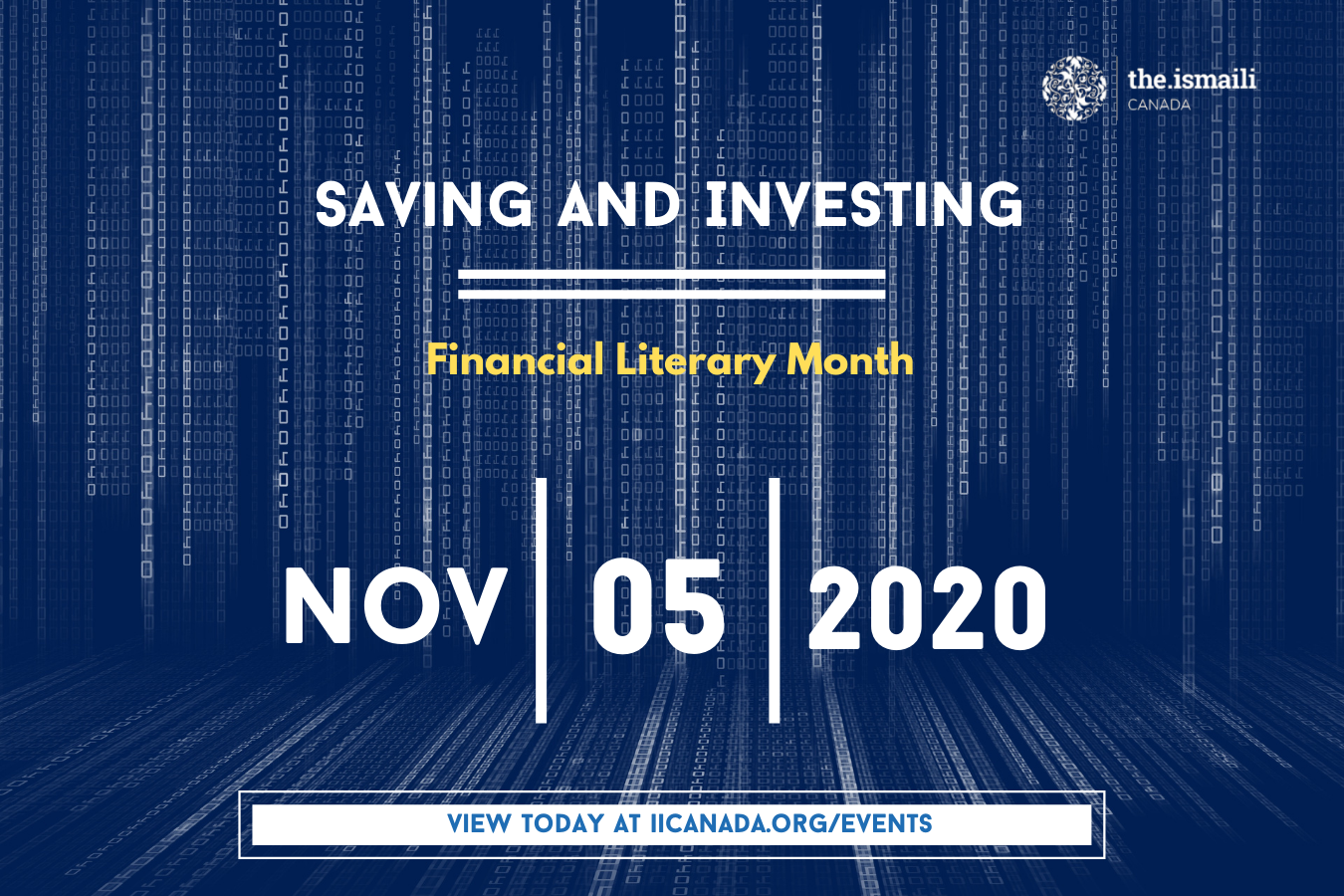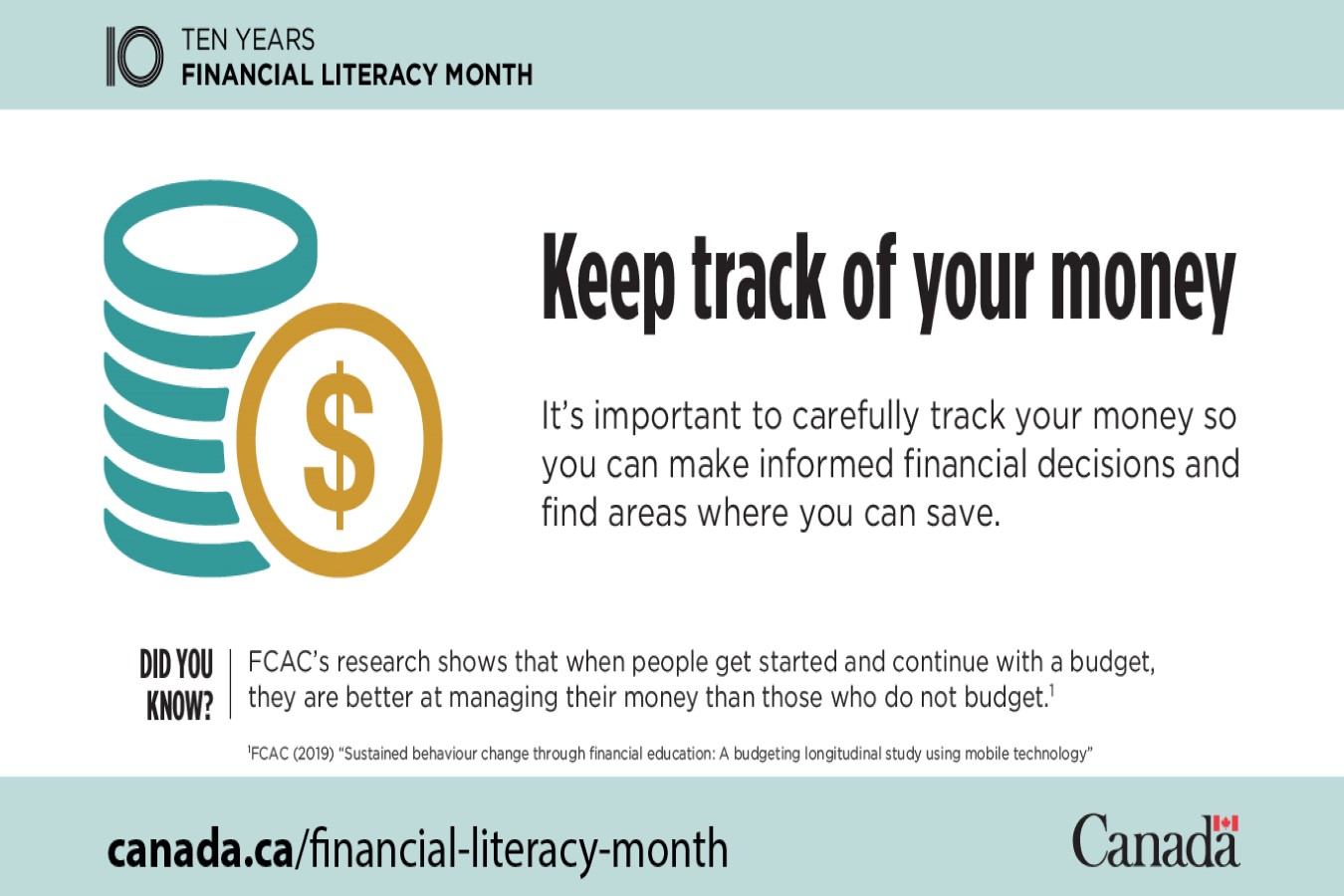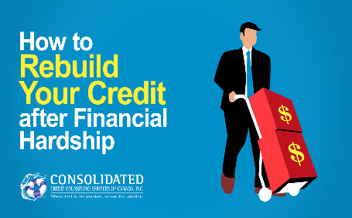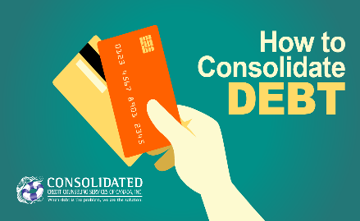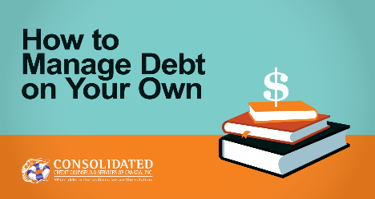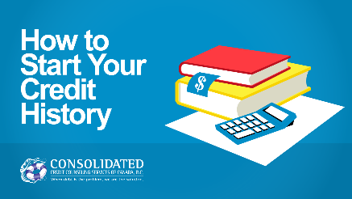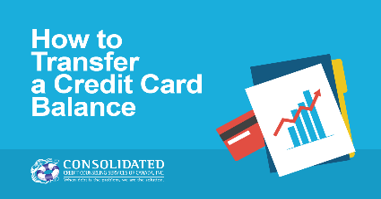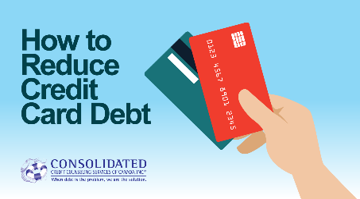
Resources for Financial Well-Being
Financial well-being means having financial security and financial freedom of choice, in the present and in the future. More specifically, having financial well-being is when you:
- Have control over day-to-day, month-to-month finances
- Have the capacity to absorb a financial shock
- Are on track to meet your financial goals
- Have the financial freedom to make the choices that allow you to enjoy life
See below: Resources for Individuals and Businesses
DISCLAIMER: The information being shared by His Highness Prince Aga Khan Shia Imami Ismaili Council for Canada, its local Councils, and affiliated Institutions (collectively, the “Jamati Institutions”) is 3rd party content and is for informational purposes only. By sharing this 3rd party content, the Jamati Institutions are not providing any representations, professional advice or services, and are not endorsing or approving a particular product, service, or opinion. All information provided on this site is “as is”, with no guarantee of completeness, accuracy, or timeliness.
- Inter-Generational Wealth Preservation
- Guidelines for Ethical Wealth Transfer
- Your Financial Toolkit
- Knowledge of Financial Education (KOFE) - Financial Coach/Credit Counseling
- Life Events & Your Money
- Interactive Courses
- Investments
- Wills & Estate Planning
- Calculators, Tools & Worksheets
- Fraud & Cyber Crime
- Youth ZONE
- Newcomers to Canada
The toolkit is flexible and modular. You can complete the entire program page by page, use the menu below to find topics of interest, or try the Self-assessment tool to find out what modules and tools could be useful for you based on your situation and needs.
Module 1: Income, expenses and budget
Module 4: Credit and debt management
Take this self-assessment quiz to figure out how your financial literacy skills and knowledge measure up compared to other Canadians.
Once you have completed the quiz, your results will include a link to the Canadian Financial Literacy Database. The database results page is pre-filtered to show resources and events that best meet your identified areas of need based on your responses and help improve or maintain your money management skills and knowledge.
Getting started:
The questionnaire takes approximately 8 minutes to complete. You will answer approximately 30 questions testing your skills and knowledge at keeping track, making ends meet, planning ahead, staying informed and choosing products. You may complete all the questions or skip to the end at any time by pressing the “Show results” button.
Money concepts for different ages, including allowances, spending, credit cards and cellphones.
Begin teaching children about money
Teach children early about needs versus wants, where money comes from and how to save using a bank account.
What to teach your preschool, school-aged, preteen and teenaged children about money management.
What to consider when deciding to give an allowance: how much to give, how often to give and if it should be earned.
Teaching children about smart spending
How to teach your children to track spending, say no to impulse shopping and be careful when shopping online.
Teach teens how to use credit, make payments in full, build a credit history and co-sign a credit card.
Choose a cell phone service plan, budget for monthly bills, co-sign a contract and protect your teen's credit history.
Registered Education Savings Plans (RESPs) are savings plans to help save for post-secondary education.
Learn about information you should know before opening a Registered Education Savings Plans (RESPs)
How to Choose Between Individual, Family and Group RESPs
The type of RESPs that is best for you will depend on how many children or beneficiaries you want to save for, how old they are, and the benefits and drawbacks of each type.
Federal Education Grants & Bonds
The government can also put some money into an RESPs in the form of education grants and bonds.
Provincial Education Grants & Bonds
In addition to federal grants and bonds, some provinces have their own education savings incentives for their residents.
Family Income to Receive RESP Government Incentives
Learn how you can receive RESPs government incentives that you may be eligible for based on your household income.
How an RESP Can Help Grow Your Education Savings
Let’s see how opening an RESPs and receiving government bonds and grants helps them grow their education fund.
Plan for your RESPs bank visit
Learn how to prepare for your RESPs bank visit efficiently.
My RESPs Action Plan - Fillable
This usable action plan can help you think through your savings goals and get the most out of your bank visit.
A Glossary of some useful terms to know about an RESPs.
A resource page to help guide you through the process of creating an RESPs.
Create your budget and receive personalized tips to improve your finances.
Calculate how to pay down your debt and reach your savings goals.
Calculate your mortgage payment schedule and how to save money by making prepayments.
Find out if you can qualify for a mortgage based on the property you want, your income and your expenses.
Compare bank account interest rates, monthly fees, transaction fees and services.
Compare credit card interest rates, annual fees, rewards and other features.
Compare the costs of financing or leasing a vehicle.
A step-by-step calculator to help you estimate your retirement income, employer pensions and other sources of income.
Find out how long it will take to pay off your credit card and explore options to pay it back faster.
The Benefits Finder is a tool that can help you find Benefits and Services that you may be eligible to receive. It asks a few questions and uses your answers to search. It does not collect or track your information. The more questions you answer, the more customized and accurate your results will be.
KOFE is a web‐based financial education centre, set up exclusively for our Jamat through Consolidated Credit Counseling Services of Canada, a national accredited non‐profit organization.
Ask a Financial Coach (English-French-Farsi-Arabic)
- For tailored solutions to get out of debt
- Am I ready to purchase a home?
- How do I make a budget?
- Get answers to your financial questions
- Private & Confidential
Contact your qualified financial coach today for free. Register today with KOFE (only username & e-mail required) to access all the free services, various tools and calculators, a variety of educational resources like interactive courses, informative videos, publications and webinars to help you build a strong financial future. Toll free number (844) 329-3834.
How-to Guides for Personal Finance
Find the help you need with these detailed How-to guides built to educate, empower, and save you money.
As easy as it can be to get into debt, getting out is difficult by comparison. There is no cookie-cutter approach to reaching financial freedom. Whether you’re looking to set up a budget, pay down your credit fast, or just understand your money better, we’ve got a guide for that. Use the Consolidated Credit library of how-to guides below to learn better spending habits, manage your finances, and get out of debt on your own terms.
Our life events section is an effort to compile a broad range of topics that are relevant to events that occur in a person's life like losing your job, living as a couple, buying a home, having children, getting divorced and more.
Replacing your income, buy-out options and severance packages.
Managing money, money conversations, insurance, legal matters, taxes and budgeting for a wedding.
Saving for a home, tax credits, closing costs, working with a real estate agent and more.
Ongoing homeownership costs, tax credits and deductions, household budgeting and home renovations.
Setting a sale price, tax implications, working with a real estate agent or selling your home yourself.
Preparing financially for children, maternity and parental leave benefits, insurance and estate planning.
Managing your money, employee benefits, payroll deductions and employment fraud.
Renting your first apartment or house
The costs of living on your own, budgeting for your move, having roommates and rental agreements.
Managing and separating your finances, dividing property, insurance and legal matters.
Managing your money, studying, tax credits, benefits and working with a disability.
Money concepts for different ages, including allowances, spending, credit cards and cellphones.
Caring for someone who is ill or disabled
The costs associated with being a caregiver, managing financial priorities and more.

Financial preparedness means peace of mind for you and your family. It is critical for Jamati members to assess their finances and spending habits, especially during times of uncertainty. Taking a course or using tools to learn more about topics such as budgeting can help you escape unhealthy spending habits that lead to personal credit debt.
Living within your means entails setting personal financial goals and balancing your income with household expenses. It also means setting aside savings for key life events such as getting married, purchasing a home, pursuing higher education, retirement planning, and any unexpected crises.
Learn more about how to take simple steps toward financial stability by exploring the resources below.
McGill Personal and Financial Essentials
McGill Personal and Financial Essentials is a free, online course with learning modules that help build your financial literacy in areas such as debt management, investing, and real estate. This course includes a certificate from McGill University upon completion.
Credit Dojo
Credit Dojo helps people better understand their finances through free, interactive courses on a wide range of financial topics including Budgeting Basics, Smart Spending, and Reading Your Credit Report. Each lesson comes with videos, illustrations, and examples that break down complex material into simple language for the average learner. The end of each unit comes with a quiz that tests your knowledge and mastery of the subject. Take the courses at your own pace, and jump around as needed!
Start Learning Today - Register for freeCredit Dojo topics include:
- Budgeting Basics
- Smart Spending
- Saving Money
- Retirement
- Managing Debt
- All about Credit Card Debt
- How to Consolidate Debt
- How Credit Counseling Can Help You
- Reading Your Credit Report
- Credit Repair: Making Credit Disputes
- Master Your Credit Score
- Mortgage Basics
- A Guide to Homebuying
- Protecting Home Equity
- Forging Ahead from Foreclosure

Get Smarter Re: Investing (OSC)
Investing and the investment world can be complex. Re: Investing offers clear, unbiased answers to your questions on investing, from a trusted source. Here are some examples of questions asked:
- "Can I transfer money from my RRSP to a GIC without having to close my RRSP?"
- "What actions are required to take advantage of the federal government's reduction in the mandatory RRIF withdrawal amount due to COVID-19?"
- "Does a maturing GIC affect TFSA contribution room?"
- "COVID-19 has impacted my investments. What resources are there to help me?"
Investor Fact Cards
Fact Cards are a new way to share unbiased information about investing from the Ontario Securities Commission’s Investor Office. These ‘digital index cards’ explain a wide range of investing and financial literacy topics, including understanding mutual funds, working with a financial advisor and recognizing the red flags of investment fraud, with new cards being added all the time.
Get Smarter About Money
GetSmarterAboutMoney.ca is an Ontario Securities Commission (OSC) website that provides unbiased and independent financial tools to help you make better financial decisions.
Learning how to invest is an important step in planning your future. Here’s how to get started.
- Getting Started: Learn More
- Getting Advice: Learn More
- Making A Plan: Learn More
- Tracking Your Progress: Learn More
- Understanding Risk: Learn More
- Understanding Financial Statements: Learn More
Saving money, budgeting and managing debt are important practices when you are starting a financial plan.
- Planning Basics: Learn More
- Retirement Planning: Learn More
- Protect your money: Avoiding frauds and scams ( HTML or PDF)
- Investment fraud on the Internet ( HTML or PDF)
- Scam artists pursue adults over 50 ( HTML or PDF)
- "Boiler room" scams: Could you be vulnerable? ( HTML or PDF)
- The Little Black Book of Scams 2nd edition ( HTML or PDF)
- A losing Bet: Binary Options ( HTML or PDF)
COVID-19 has affected us all. Especially when it comes to our money and investments
No matter your age, income, or goals, these eight fundamentals can help you make smarter investing decisions.
- Life Events: Learn More
- Protect your Money: Learn More
- Resources for Seniors: Learn More
- Investing in Real Estate: Learn More
- Introduction to investing (Available in English, French, Farsi, Arabic, Hindi and many more languages): Learn More

Estate planning means arranging how you will leave your money and property when you die and what you intend to leave for your spouse, children or other family members. It involves a variety of topics, including:
- writing your will and naming someone to be responsible for carrying out your wishes
- deciding who will look after your children if you die while they are minors
- distributing assets during your lifetime
- arranging your assets so that you will pay only the minimum taxes necessary
- arranging insurance to cover costs, provide for your survivors and pass on assets
- arranging who will handle your affairs if you become unable to manage them yourself, and giving them directions.
If you are a business owner, your estate plan should cover both your personal and business assets. Estate planning for business owners is more complicated because it needs to address issues, such as:
larger and more complex estates,
business succession, and
complicated tax issues.
There are many ways to address estate and succession plan issues involving a business. Get expert help for estate planning when a business is involved, as the issues can be complex.
Ismaili Legal Professionals’ Alliance (visit the Alliances Canada site)
Canadian Legal Wills (to receive a 25% discount use code “EPB25”)
Axes Law (Ontario – use coupon code 16001)
Access Pro Bono Wills Clinic (British Columbia)
Law Students’ Legal Advice Program Clinics (British Columbia)
Éducaloi (Quebec)
Federation of Law Societies of Canada (select your region’s law society)
Webinar: ESTATE PLANNING 101 – A GENERAL OVERVIEW (Edmonton Community Foundation) - The recording is based on Alberta law and is for general information only and to encourage you to ACT — to get a valid will, personal directive and enduring power of attorney in place to protect your family, your assets and your business.
RBC Family Inventory guidebook has been designed to help you gather a comprehensive list of all information pertaining to your family’s current financial status including:
• Personal information
• Professional advisors
• Banking
• Investments
• Assets
• Pension
• Insurance
Keep this information in a safe place where it is accessible to you and/or by someone you trust in case of an emergency
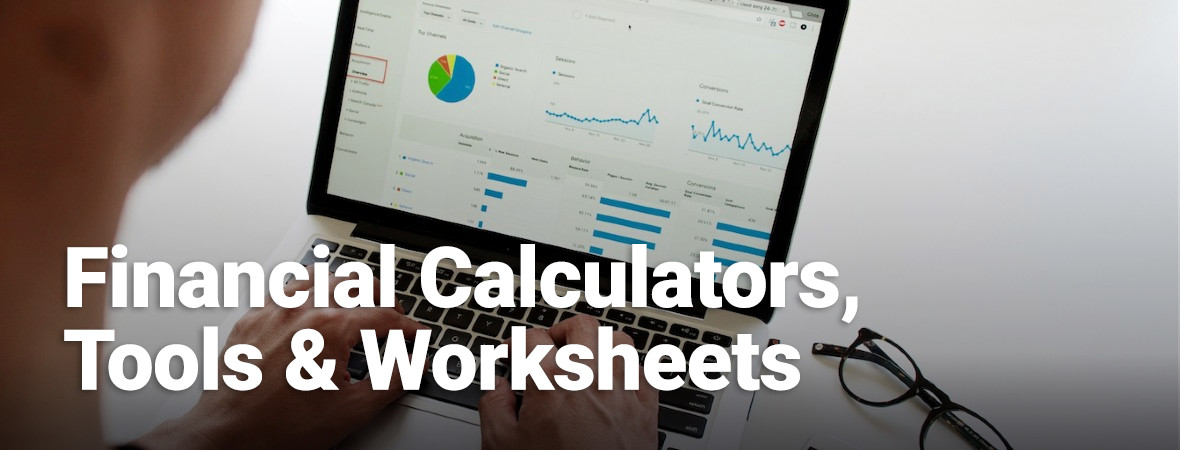
Trying to figure out how much money to save, invest or borrow for your imminent and long-term financial needs can be overwhelming. The Ontario Securities Commission makes it easier with pre-developed worksheets to do all the math for you
- Compound Interest Calculator
- Education Cost Calculator
- Emergency Fund Calculator
- Fee Calculator
- Investment Recovery
- Mortgage Payment Calculator
- Mutual Fund Fee Net Worth Calculator
- Pay Down Debt or Invest
- Pay Off Credit Cards and Debt
- Portfolio Benchmark Calculator
- RESP Savings Calculator
- Retirement Budget Worksheet
- Retirement Cash Flow Calculator
- RRIF Withdrawal Calculator
- RRSP Savings Calculator
- Spending Habits Calculator
- TFSA
COVID-19: Frauds and scams - Known scams, frauds, misleading claims
Online threats, scams and fraud - The types of online threats and how to protect yourself
Fraud prevention - How to recognize fraud and other common scams through victim stories and a fraud quiz
Counterfeit money - How to recognize and report counterfeit money
Debit card fraud - Recognizing, preventing and reporting debit card fraud
Tax fraud - Recognizing and protecting yourself from scammers pretending to be from the Canada Revenue Agency
Resolving an unauthorized transaction - The steps to take if you find a transaction that you did not make
Reporting fraud - What to do if you receive a suspicious phone call or email, or if you lose your ID or wallet
Identity theft and identity fraud - Recognizing theft techniques, protecting your information and how to file a report
Credit card fraud - Recognizing, preventing and reporting credit card fraud
Real estate fraud - Recognizing, preventing and reporting real estate fraud
Immigration and citizenship fraud - Preventing citizenship and immigration fraud or reporting those who commit it
Protecting your financial information - Steps to take if your financial data has been hacked or breached
Canadian Centre for Cyber Security - Includes cyber centre expertise
Take the Get Cyber Safe Checkup Assessment
I keep it to myself - An interactive experience that will teach you how to steer clear of fraud and the risks of identity theft
Get Cyber Safe Guide for Small and Medium Businesses
This guide is designed to help Canadians who own or manage a small or medium business understand the cyber security risks they face, and provide them with practical advice on how to better protect their business and employees from cyber crime. HTML or PDF .
Canadian Centre for Cyber Security Includes cyber centre expertise
Canadian Anti–Fraud Centre 1-888-495-8501
The Competition Bureau’s Information Centre 1-800-348-5358
Two national credit bureaus: Equifax Canada 1-800-465-7166 TransUnion Canada 1-877-525-3823
Canadian Securities Administrators Helps protect you from unqualified or fraudulent individuals
Student expenses, reducing costs and determining where your money will come from.
Borrowing from or repaying your student line of credit.
Paying back student loans or lines of credit, including what to do if you have trouble making payments.
Summer or part-time work, co-op programs, internships and tips for finding a job.
How an RESP works, who can apply and receive payments, and the rules on contributions.
Undergraduate, graduate, doctoral and post-doctoral scholarships, awards and bursaries.
Plan for an education, save, budget, and explore student aid and career options.
From Junior Achievement Canada, this Economics for Success interactive tool for students allows them to understand how the financial and environmental decisions they make can impact their life.
The Autorité des marchés financiers (the “AMF” or the “Authority”) is the body mandated by the Québec government to regulate Québec’s financial markets and assist consumers of financial products and services.
I want to
Here’s some information to help you make an informed decision when buying your first car.
Here’s some information to help you make the most of your first apartment.
Here’s some information to help you benefit from your first credit card when you’re ready to get one, without giving up your financial freedom!
Here’s some information to help you identify and protect yourself against common types of fraud.
Here’s some information to help you manage your student budget.
Here’s some information to get you started with growing your savings!
Realize your dreams and projects by taking care of your finances today.
(Version française)
L'Autorité des marchés financiers est l’organisme mandaté par le gouvernement du Québec pour encadrer le secteur financier québécois et prêter assistance aux consommateurs de produits et services financiers.
Je veux
Voici plusieurs informations utiles qui te permettront de faire un choix éclairé quant à l’achat de ta première automobile.
Voici plusieurs informations utiles qui te permettront de bien profiter de ton premier chez-toi.
Voici plusieurs informations utiles qui te permettront de profiter, lorsque tu seras prêt, d’une première carte de crédit sans sacrifier ta liberté financière!
Voici plusieurs informations utiles qui te permettront de déceler des fraudes courantes et surtout… de les éviter!
Voici plusieurs informations utiles qui te permettront de bien gérer ton budget étudiant.
Voici plusieurs informations utiles pour faire fructifier tes premières économies!
Réalise tes rêves et tes projets en t’occupant de tes finances dès aujourd’hui.
These 7 e-learning videos are an easy and accessible alternative way to boost financial knowledge and plan a more secure financial future. The Financial Basics e-Learning Project was jointly developed by The Chang School at Ryerson University and the Financial Consumer Agency of Canada with the assistance of the Ontario Securities Commission.
Interactive Financial Games & Tool for Students
Visa and the NFL Launch New Financial Football Game
Visa and the National Football League have teamed up to create Financial Football, a fast-paced, interactive game that engages students while teaching them personal finance skills. The latest release features 3D graphics and game-changing opportunities with audibles, blitzes and long yardage plays. The game is available to play for free through iOS and Android apps and online.
Ages 14 & up
In The Payoff game, play the role of Alex or Jess, two up-and-coming video bloggers who are preparing for a life-changing video competition while managing their finances and handling unexpected events. In the immersive game, developed by Visa, help Alex and Jess make smart financial decisions within the tight three-day deadline and complete their video for the competition.
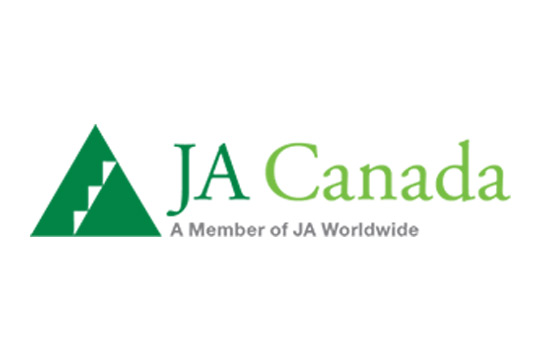
From Junior Achievement Canada, this Economics for Success interactive tool for students allows them to understand how the financial and environmental decisions they make can impact their life.
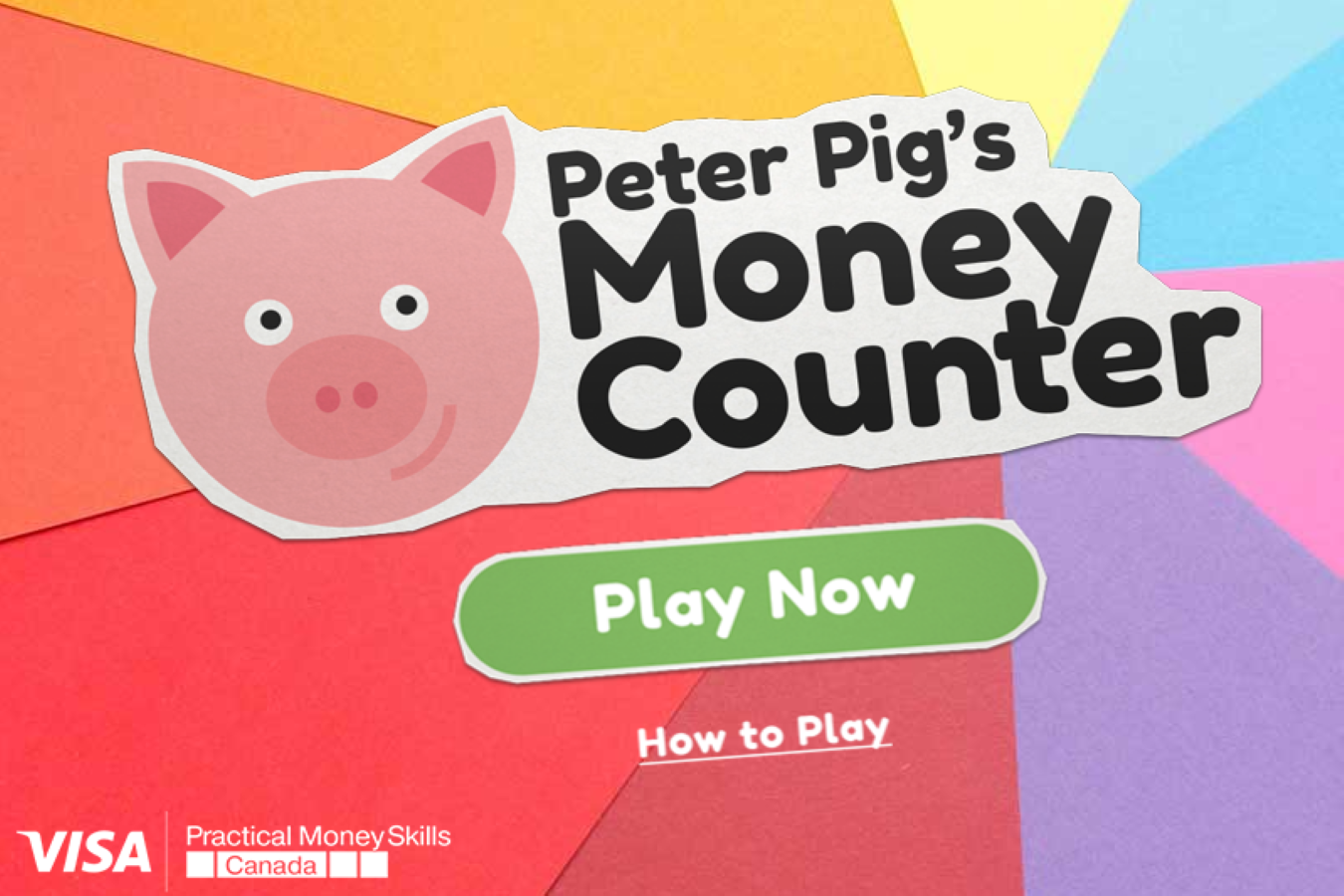
Learning about money is fun with Peter Pig. Kids ages 5–8 can practice identifying, counting and saving money while learning facts about Canadian currency with this innovative and engaging game. After completing sorting challenges, kids are able to test out their new money skills with an interactive budgeting task. Players can choose whether to 'save' or 'spend' their winnings in a virtual store equipped with accessories for Peter Pig!
Kids learn how to:
- Identify, count and sort coins
- Make purchases within budget
- Put money aside for savings

My money in Canada, from Prosper Canada is a website designed to support newcomers to Canada as they settle and establish themselves financially in Canada. Money topics provide important information about Canada’s financial system and promote positive money management habits to ensure newcomers can succeed financially. The interactive exercises and checklists allow users to make informed choices and create a customized financial plan that works for them.
Start with the financial wellness checklist to explore your current financial well-being. Then explore the five money modules:
You can do the modules in the order they appear, or just the ones you want. In each module there will be activities you can complete. At the end your responses will be displayed on the screen. Each money module provides links to more information, including other websites or handouts.
Become a registered user! If you register for this site, you will be able to save your responses so you can see them the next time you log in. You will also have the option to print your responses.
Guests: If you have not registered as a user, you can still print your responses as a guest.
Having your financials figured out is key to running a successful business. This short video series will give you a general overview on how to build your financial statements and link them together. It also discusses how to develop an operational budget. Note that the information presented is more of an introduction to start-up financing and does not cover all the small details when building your financial statements. An added value is that it also gives insights from both the entrepreneur and the investor's perspectives.
Financial fundamentals I (Cost: FREE): Discover the basic financial knowledge and skills you need to manage your business’ finances and make sound decisions to guide your company’s growth.
Financial fundamentals II (Cost: FREE): Learn key financial skills, as well as how to prepare for a loan request and speak to a banker with credibility to get the financing you need.
Cash flow (Cost: FREE): Learn how to manage and forecast your cash flow to ensure you always have enough money and resources available to successfully run your company.
Financial statements (Cost: FREE): Learn how your business is performing by having a clear understanding of your financial statements.
Discover BDC’s complete course catalog (Cost: FREE): Find a variety of courses designed to increase your knowledge and skills so you can successfully manage your company.
Glossary (Cost: FREE): With over 300 terms, BDC’s dictionary will help you better understand terms you may come across daily as an entrepreneur
- Financial planning and budgeting: Managing your finances and cash flow, reducing expenses and increasing profits.
- Budgeting and forecasting: Improving the financial health of your business through good budgeting and forecasting.
- Bookkeeping and accounting: Employer obligations for keeping financial records.
- Financial benchmarking tools and ratio calculators: Calculating your liquidity, leverage, inventory turnover, sales, net profits and more.
- How to get financing: Being prepared to deal with your banker, assessing risks, securing private funding and more.
- Insolvency for business: Help for businesses when filing for bankruptcy or making a proposal.
- Accepting credit card and debit card payments: Merchant rights, how card payments work and choosing a service provider.
- Vehicle lease or buy calculator: Compare the costs of financing or leasing a vehicle.




